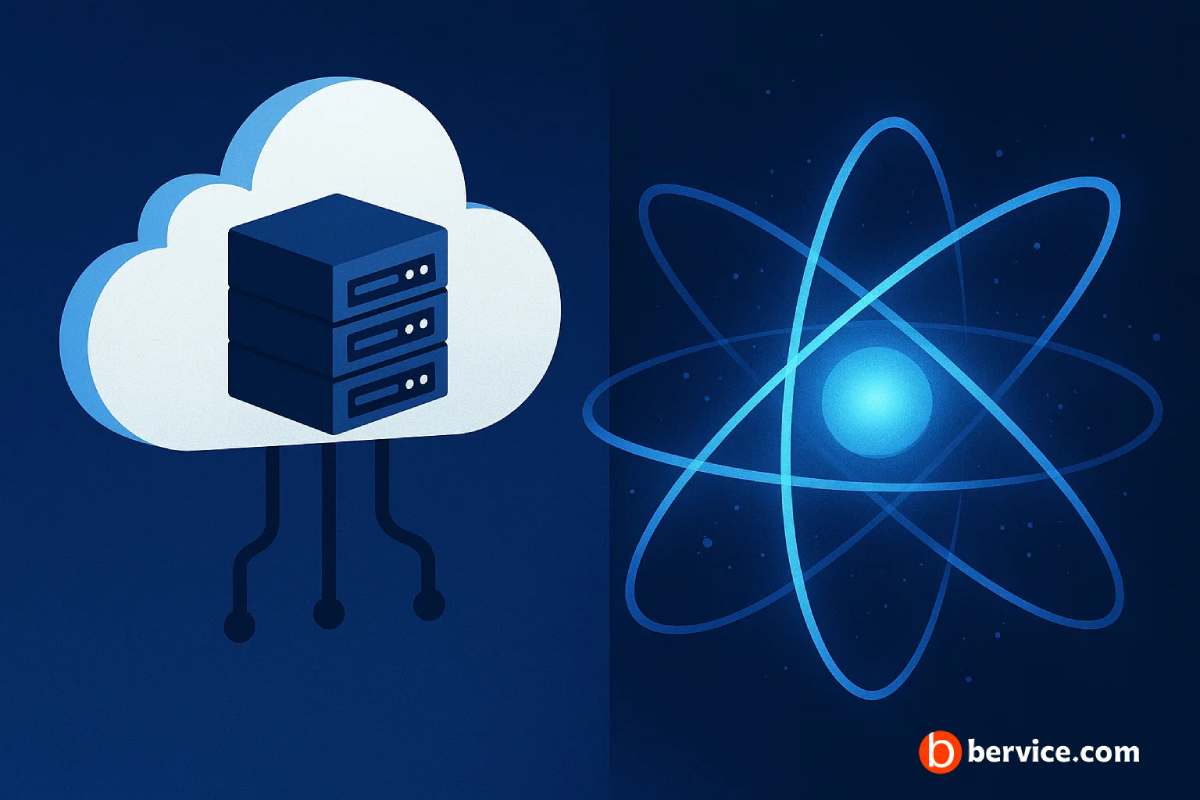Introduction: The Coming Quantum Disruption
For over a decade, cloud storage has been the backbone of digital transformation, enabling businesses and individuals to store, share, and secure vast amounts of data efficiently. However, the emergence of quantum computing is reshaping the cybersecurity landscape at a fundamental level. Traditional encryption methods like RSA and ECC—cornerstones of data security—are on the verge of becoming obsolete.
As quantum processors advance, the same computational power that promises breakthroughs in medicine and AI also poses a severe risk to data confidentiality, privacy, and integrity.
The Achilles’ Heel of Traditional Cloud Storage
Conventional cloud storage relies on centralized servers and classical encryption methods to protect data. While effective against today’s computing capabilities, these methods face two critical vulnerabilities in the quantum era:
- Centralization Risks
Centralized storage platforms create single points of failure. A successful breach or outage can expose millions of sensitive records instantly. - Quantum Decryption Threat
Algorithms like Shor’s algorithm allow quantum computers to factor large numbers exponentially faster than classical computers, making traditional encryption mathematically breakable in a matter of minutes—or even seconds—once large-scale quantum systems mature.
These limitations mean businesses and governments relying on conventional cloud storage risk losing control over their data sovereignty in the not-so-distant future.
Enter the Quantum-Resistant Era
The solution lies in Post-Quantum Cryptography (PQC) and decentralized architectures. Unlike traditional models, quantum-safe encryption algorithms are designed to withstand the computational power of quantum processors.
Key innovations include:
- Lattice-Based Cryptography: Resistant to quantum attacks due to the mathematical complexity of lattice problems.
- Hash-Based Signatures: Simple yet secure methods ensuring forward secrecy even against future quantum threats.
- Zero-Knowledge Proofs (ZKPs): Allow data verification without revealing the data itself, boosting privacy.
Combined with decentralized storage models, these technologies eliminate single points of failure and ensure end-to-end encryption, even in a post-quantum world.
Why Decentralization + PQC Is the Future
A new generation of platforms—like Bervice—are pioneering quantum-secure, decentralized storage ecosystems. Instead of relying on centralized data centers, files are encrypted, fragmented, and distributed across a network of nodes, ensuring:
- Quantum-Resistant Security: Data remains safe even against next-generation computing attacks.
- Data Sovereignty: Users retain full control of their information without depending on third-party intermediaries.
- Fault Tolerance: No single node failure can compromise the entire system.
This architecture ensures trustless security, where privacy is mathematically guaranteed, not simply promised.
Practical Implications for Businesses and Individuals
Transitioning to quantum-secure, decentralized storage is not just a futuristic idea—it is a strategic necessity. Some real-world applications include:
- Healthcare: Protecting medical records from quantum-enabled cyberattacks.
- Finance: Securing financial transactions and personal banking data.
- Government & Defense: Safeguarding sensitive intelligence and citizen data.
Early adoption ensures organizations stay ahead of evolving compliance frameworks and quantum security regulations.
Conclusion: The End of the Old Cloud Paradigm
The quantum era is approaching rapidly, and with it, the downfall of traditional, centralized cloud storage models. Security architectures designed for a pre-quantum world can no longer guarantee data integrity in the decades ahead.
The future belongs to decentralized, quantum-resistant storage ecosystems—solutions like Bervice—that merge Post-Quantum Cryptography with distributed infrastructures to ensure privacy, resilience, and trust in the face of unprecedented technological change.
The shift isn’t optional. It’s inevitable.
Connect with us : https://linktr.ee/bervice
